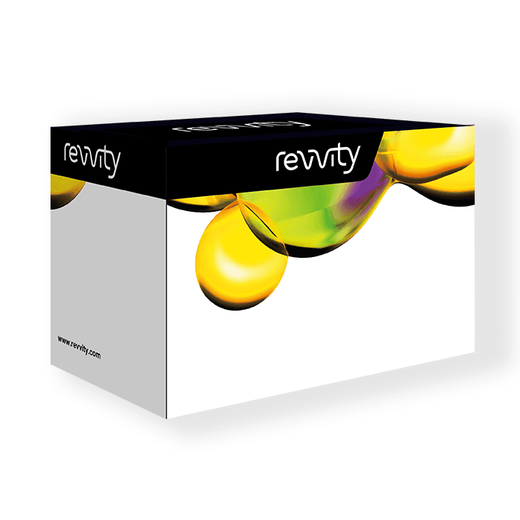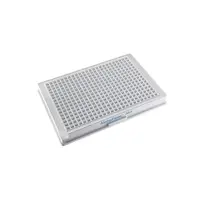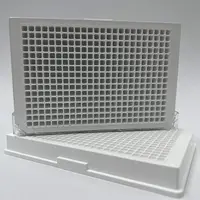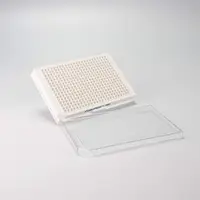
AlphaLISA Human Total Histone H2A Detection Kit, 100 Assay Points






AlphaLISA no-wash assay kit for the detection of total human Histone 2A (H2A) in cell extracts or cells in culture medium.
For research use only. Not for use in diagnostic procedures. All products to be used in accordance with applicable laws and regulations including without limitation, consumption & disposal requirements under European REACH regulations (EC 1907/2006).
Product information
Overview
Histone H2A is one of the five main histone proteins involved in the structure of chromatin in eukaryotic cells. Histones H2A, H2B, H3 and H4 are known as the core histones, while histones H1 is known as the linker histone. Two of each of the core histones assemble to form one octameric nucleosome core and the linker histone H1 binds the nucleosome at the entry and exit sites of the DNA. The nucleosome core is formed of two H2A-H2B dimers and a H3-H4 tetramer. H2A is important for packaging DNA into chromatin. Since H2A packages DNA molecules into chromatin, the packaging process will affect gene expression. H2A plays a major role in determining the overall structure of chromatin and regulating gene expression. The AlphaLISA detection of epigenetic marks in cellular extracts is performed as follows: cells cultured in the presence of compounds are lysed with the Cell-Histone Lysis buffer. Histones are then extracted from the nucleosomes by the addition of the Cell-Histone Extraction buffer. The AlphaLISA anti-H2A (C-terminus) Acceptor beads and Biotinylated anti-Histone H2A (epitope near T77) antibodies are then added for the capture of histone proteins. After incubation, Streptavidin Donor beads are added for the capture of the biotinylated antibody. In the presence of histone proteins bearing the mark of interest, the beads come into proximity. Excitation of the Donor beads provokes the release of singlet oxygen molecules that trigger a cascade of energy transfer reactions in the Acceptor beads, resulting in a sharp peak of light emission at 615 nm.
Specifications
| Application |
Epigenetics
|
|---|---|
| Assay Points |
100
|
| Assay Target Class |
Histone
|
| Automation Compatible |
Yes
|
| Brand |
AlphaLISA
|
| Detection Method |
Alpha
|
| Experimental Type |
In vitro
|
| Format |
Microplates
|
| Molecular Modification |
Total
|
| One Unit Contains |
100.0 assay points
|
| Shipping Conditions |
Shipped in Blue Ice
|
| Unit Size |
100 Assay Points
|
Video gallery



SDS, COAs, Manuals and more
Are you looking for technical documents for this product. We have housed them in a dedicated section., click on the links below to explore.


How can we help you?
We are here to answer your questions.


































